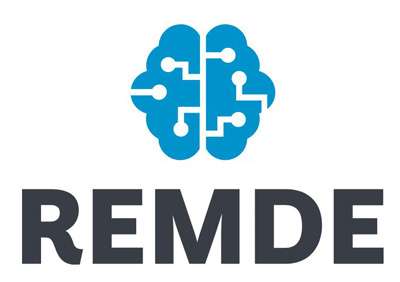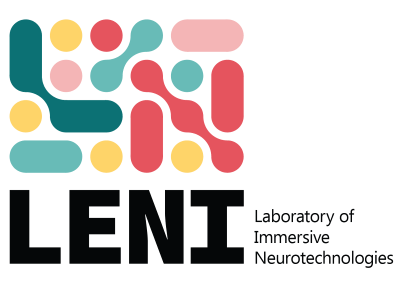Affective Computing for Human Wellbeing
Artificial Intelligence for understanding and enhancing human wellbeing
Affective Computing for Human Wellbeing
The Affective Computing for Human Wellbeing area focuses on the application of statistics, data science, and artificial intelligence methods to model psychological traits and states, as well as the development of AI-driven Human-Computer Interaction systems. The goal is to deepen our understanding and enhance human wellbeing.
- Wellbeing assessment: We create multimodal machine learning models to recognize emotions, psychological traits, mental disorders, neurodevelopment disorders, and others, using physiological (EEG, HRV, EDA…) and behavioural (voice, eye-tracking, kinetic, facial…) biomarkers.
- Intelligent systems: We research the computational foundations to enable computers with the abilities to analyze, recognize, and simulate human communicative dynamics during social interactions with AI-based virtual humans.
- Behaviour toolkits & dataset: We develop toolkits and datasets to characterize cognitive-emotional states based on signal processing and artificial intelligent techniques.
contact: jamarmo@upv.es





